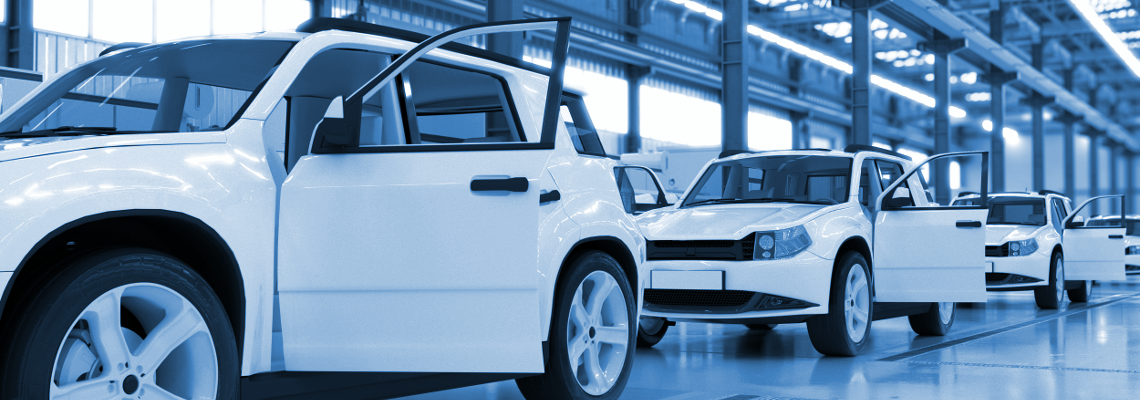Thai Incentive Program to Promote EVs, Starting in 2022
SOUTHEAST ASIA: THAILAND REPORT
The Thai government plans to introduce an incentive program to promote EVs starting in 2022. The program will focus on providing subsidies to lower sales prices and reducing excise and import taxes. Automakers taking advantage of the program will be required to produce EVs locally from 2024 onward.
According to local media, the subsidy is 70,000 to 150,000 baht per vehicle, depending on the model and battery capacity. The excise tax on purchases will be reduced from the current 8% to 2%. Import duties will be reduced by 20-40% depending on battery capacity and sales price. The current maximum tariff rate is 80%, but the trade agreement will impose no tariff on Chinese-made products and 20% on Japanese-made products. Japanese-made products are also expected to be tariff-free if they meet the conditions. The current sales prices of imported cars vary from about 1 million baht for EVs from China’s SAIC Motor Group and Great Wall Motor to about 1.5 million baht for Nissan Motor’s LEAF at campaign prices.




